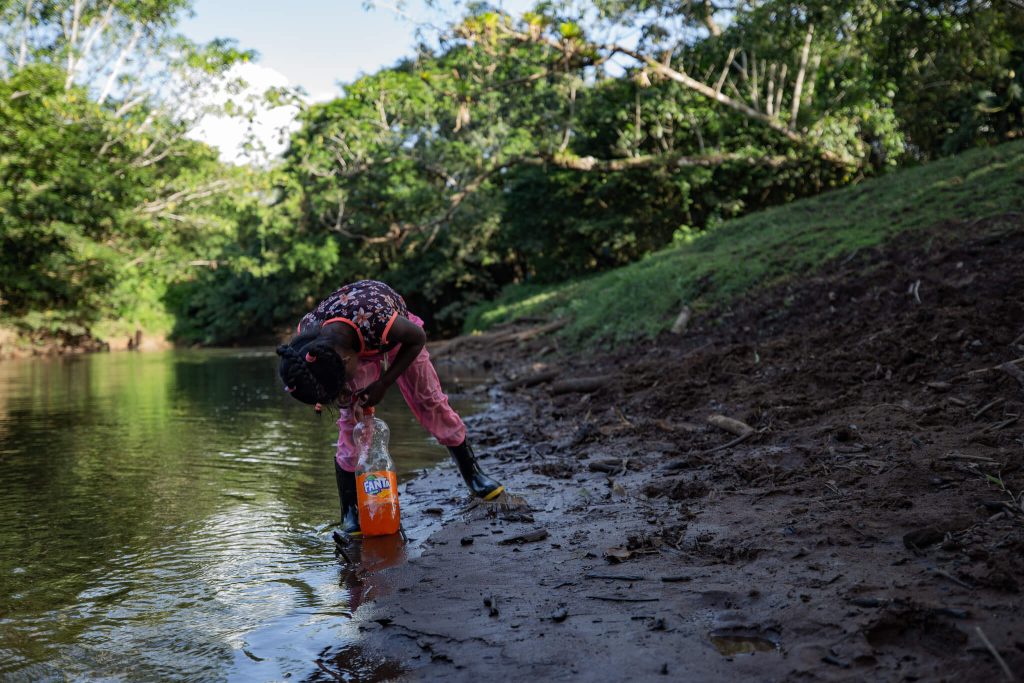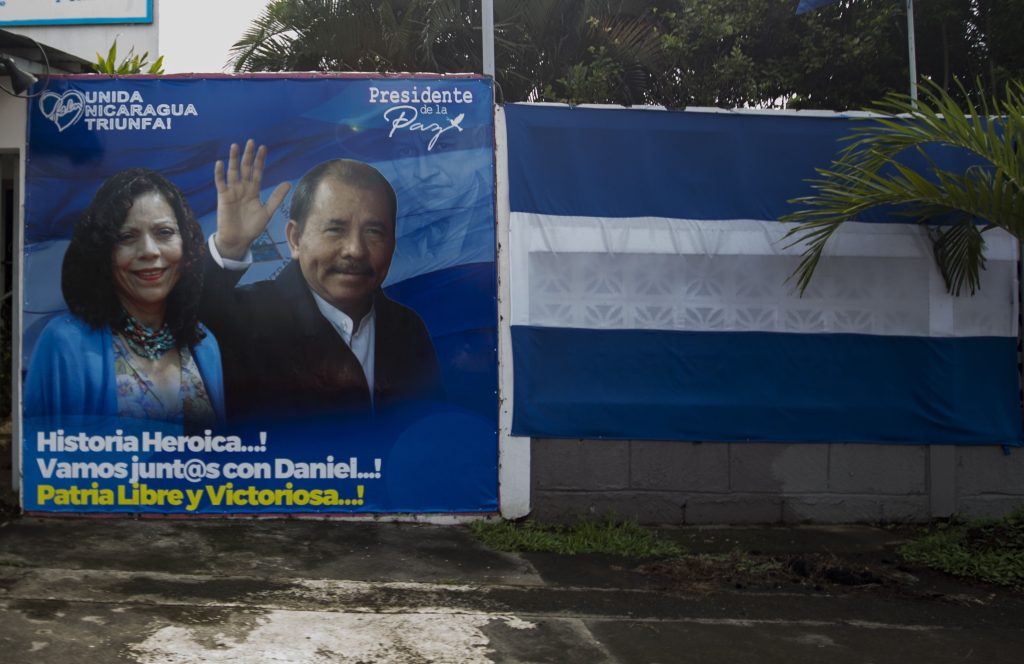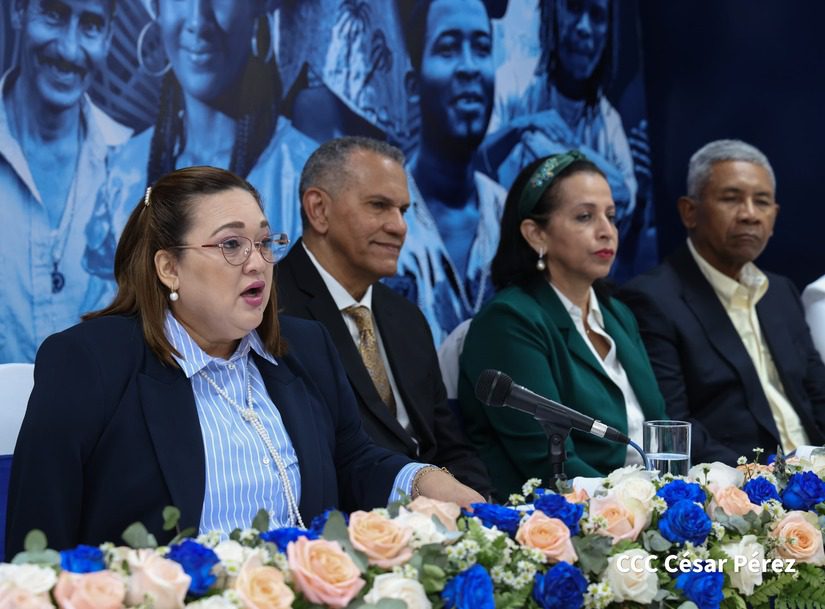The Ortega-Murillo regime consummated totalitarianism in Nicaragua by securing absolute control of the Autonomous Regional Councils and Governments in the two regions of the Caribbean Coast of Nicaragua in the elections on Sunday, March 3.
The Supreme Electoral Council (CSE), controlled by the presidential couple, named the Sandinista National Liberation Front (FSLN) the winner with 88.95% of the votes.
The citizen observatory, Urnas Abiertas, highlighted that 86.72% of the citizens abstained from voting in the 15 municipalities and 30 constituencies where the elections took place. This monitoring was conducted by at least 200 voluntary electoral observers who worked clandestinely in more than 160 polling centers.
Brenda Rocha, president of the CSE, stated that with 99.20% of the Polling Station Boards counted, the FSLN obtained 147,762 votes (88.95%).
Collaborative political parties of the regime were grouped as follows: the Constitutional Liberal Party (PLC) barely obtained 7.83% of the votes. They are followed by the Nicaraguan Liberal Alliance (ALN) with 1.83%, the Independent Liberal Party (PLI) with 0.76%, and the Alliance for the Republic (APRE) with 0.62%.
In these elections, 45 councilors were elected for each of the two regions: the South Caribbean Autonomous Region (RACCS) and the North Caribbean Autonomous Region (RACCN). These regions, endowed with vast and diverse natural resources, were granted autonomy in 1987. However, they are forgotten regions with high levels of poverty. The Urnas Abiertas observatory highlighted that in these elections, the Sandinista Front aimed to “control all regional governments to access natural resources” and thus fund its repressive apparatus.
The elections on the past Sunday were marked by the same irregularities as the last national and municipal elections: political persecution and the imposition of a police state throughout the country.
The Organization of American States (OAS) has labeled these elections as “electoral farces” due to the lack of competition and conditions for them to be considered transparent.
FSLN nullified indigenous parties

These were the first regional elections in which no indigenous party participated.
At the end of September and the beginning of October last year, the CSE revoked the legal status of the Yapti Tasba Masraka Nanih Asla Takanka party (Yatama) and captured two of its main leaders: Brooklyn Rivera and Nancy Elizabeth Henríquez James, who are among the more than 120 political prisoners in Nicaragua.
The other regional parties participated in alliances with national parties, something unprecedented in these ninth regional elections held since 1990.
The Ortega-Murillo regime controls all branches of the state and, since 2022, has control of all 153 municipal governments in the country.
The observatory denounced that during these elections, there was voter coercion: voter mobilization, distribution of codes, threats, and pressure on State workers.
“In neighborhoods and communities, elderly people were mobilized using public institutions’ transportation or payments to transporters, and it was reported that these people were threatened with losing their pension if they did not vote,” said Olga Valle, director of Urnas Abiertas.
Sandinista control codes

Sandinista Front operators provided codes to confirm that citizens voted for their party.
Citizens were forced to write these “codes” on the ballots, according to the citizen observatory Urnas Abiertas.
“The instruction was that everyone has to write this code on the ballot to later verify their vote in favor of the FSLN. Although this practice has certainly been used in past elections, it is the first time that it has been observed in a widespread manner,” the organization highlighted.
Valle said they recorded threats from Ministry of Health (Minsa) authorities to health workers (doctors and nurses) to attend and vote. “There was a transfer of nurses to force them to vote,” Valle pointed out.
They also recorded threats from professors at the Bluefields Indian & Caribbean University (BICU) Law School, who sent messages to their students to force them to vote, with the threat of failing them in their classes if they did not.
Similarly, threats were made to judges in Waspam, “who were told that their appointments could be secured only if they went to vote,” Valle said.
Urnas Abiertas also reported the presence and mobilization of paramilitaries, arbitrary detentions, threats to liberal prosecutors, prohibition of entry to polling stations for people perceived as opponents; armed police at polling stations, and threats to community members for advocating not voting in the elections.





